Tag: Region 4
Senior discovers passion and purpose through CTSOs
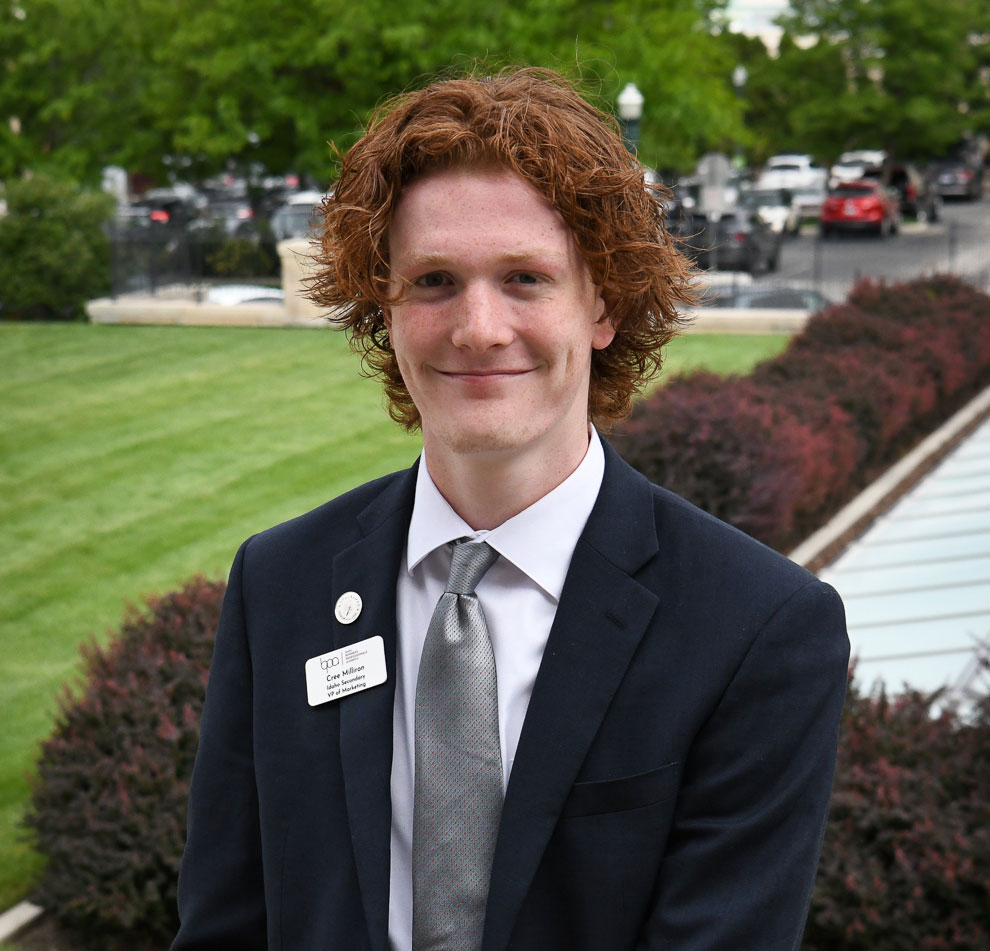

When current Joint Student Leadership (JSL) President Cree Milliron was a freshman at Burley High School, becoming a leader wasn’t on his radar. He’d never heard of career technical student organizations (CTSOs) in general or Business Professionals of America (BPA) in particular. He knew he loved graphic design, though, so when his web design teacher, Janet Cole, who also served as his school’s BPA advisor, encouraged him to join to show off the skills he’d acquired in her class, he jumped in with both feet and ran for chapter officer.
Though he didn’t get the position, he stuck with BPA and discovered he loved the competitions and meeting other students with the same interests as him from across the state.
“Competitions gave me the opportunity and confidence to bring my ideas to life,” said Milliron. “It was also overwhelming to see how many other students had the same interests and values as me.”
“Being involved with BPA has done so much for me. I wanted to inspire new members to see the value in joining, too.”
CREE MILLIRON
His first year was such a positive experience that Milliron ran for chapter officer again during his sophomore year and was elected chapter president. Though planning and running meetings were valuable foundations for his burgeoning leadership skills, Milliron discovered his real purpose was working with other members and sharing his passion and experience with them.
“Being involved with BPA has done so much for me,” said Milliron. “I wanted to inspire new members to see the value in joining, too.”
After two years, Milliron decided to take on more responsibility and became a State Officer. In this elevated role, he had more opportunities to interact with BPA members from across the state and get more involved with staff at the Idaho Division of Career Technical Education. Plus, he had the opportunity to meet State Officers from other CTSOs.
“When I first joined BPA, I had no idea what it was, much less that there were other CTSOs for other career pathways,” said Milliron. “Serving as a State Officer let me see that we have so much in common. We were all passionate about advocating for our organization and giving other students somewhere to belong, no matter what they’re interested in.”
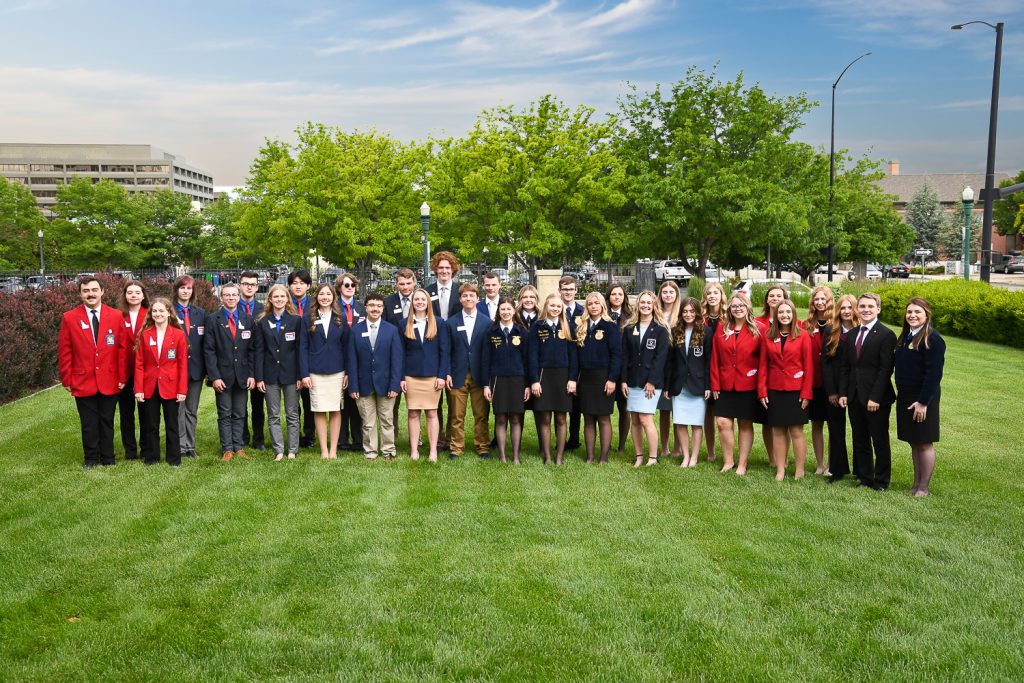
Now a senior, Milliron has continued to grow and develop as a leader and competed in two BPA National Leadership Conferences. In 2021, Milliron placed third in Promotional Photography, and his team placed seventh in Web Design. He also earned third place in Graphic Design Promotion at the 2022 State Leadership Conference.
His increasing responsibility and experiences in state and national competitions improved his leadership and communication skills and his self-confidence.
“I’ve watched myself come to life over the last four years. People always told me I was a good leader, but now I’ve had some experiences to prove that was true,” said Milliron.
Milliron is still deciding what to do after graduating, but he knows that whatever path he chooses, his experiences with CTSOs in high school will give him the skills and confidence to succeed.
“When I first joined, it was daunting to run for office or sign up for a competition. I had so many self-doubts,” said Milliron. “I remember thinking, ‘You can’t run for office; you don’t have any experience,’ or ‘You can’t win this competition; you just joined.’ But CTSOs aren’t designed for people who already know what they’re doing. They’re for people trying to figure out what they’re good at and passionate about.”
Hard work, determination, translate into career in phlebotomy
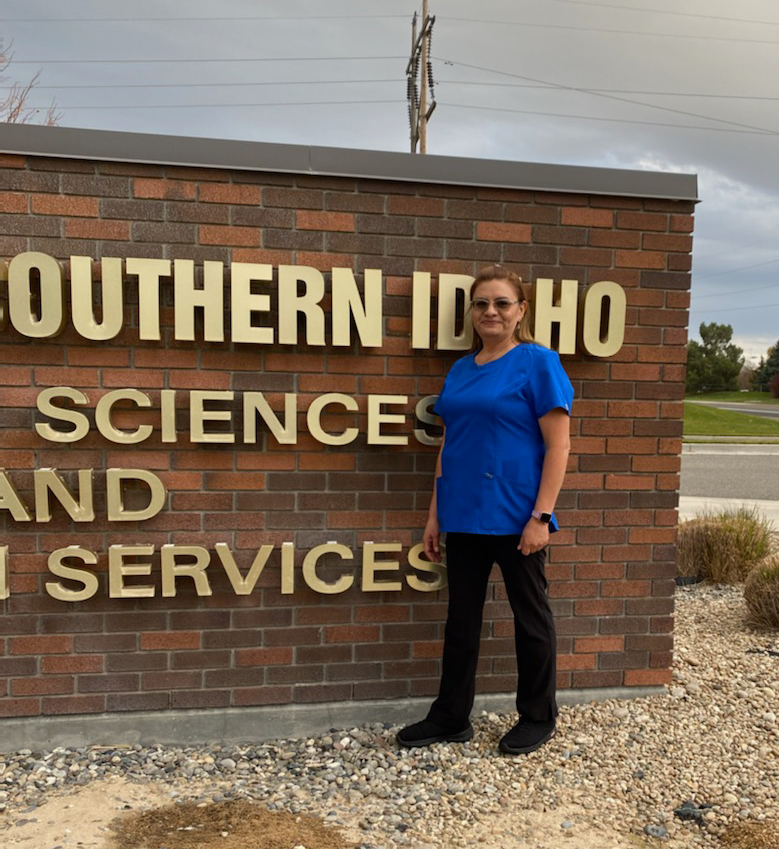
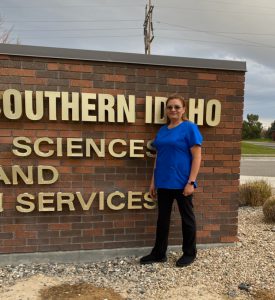
Maria Lopez always knew she wanted to be a nurse. In Mexico City, where she lived before coming to the United States, she even began taking classes. While Lopez didn’t complete her studies, she never abandoned her dream. So when Lopez saw a flyer at the Mexican store advertising the Integrated Certified Nursing Assistant (I-CNA) course at the College of Southern Idaho (CSI), she knew this was an opportunity to make her dream a reality.
At CSI, the I-CNA program is offered through a partnership between its College and Career Readiness (CCR) and Workforce Development Center programs and the Health Science and Human Services department. It is designed to help non-native English speakers learn or improve their English while pursuing their CNA certification. Participants include English-language-learning U.S. citizens, refugees, immigrants, and foreign nationals from various national backgrounds, including countries in Africa, the Middle East, Asia, and Latin America.
“Because the program integrates English language and civics instruction into the standardized CNA curriculum, it takes a whole semester to complete, as opposed to the eight weeks of the general population version of the CNA class at CSI,” said Philip Valenta, industry training coordinator for CCR. “Otherwise, our students are completing the same clinicals and exams as the students of any other CNA section offered on campus.”
The I-CNA program provides a dedicated English Language Acquisition (ELA) instructor to help students improve their language skills and support them during their CNA instruction. The program also includes support outside the classroom, including securing funding assistance, figuring out transportation and childcare options, and creating study groups. And because the cohorts are small—about 10 students are served each semester—CCR can follow up with program graduates to see how they’re doing, personally and professionally. The program was perfect for Lopez, so she enrolled on Jan. 10, 2021.
Lopez, who has been in the U.S. for 26 years, found the customer service and guest relations skills she acquired working at a casino, first as a housekeeper, then as a desk clerk, translated well to being a CNA. But studying medical terminology in her second language proved to be particularly challenging. Fortunately, her children, ages 17, 35, and 38, have been supportive and encouraging.
“They’ve been incredible. I’m 56, so going back to school was a little hard, especially at my age. But when I begin something, I don’t stop,” said Lopez. “Sometimes, I’d take a picture of something I didn’t understand and send it to my daughter-in-law and have her explain it to me.”
Lopez also studied with her youngest daughter.
“She’ll be graduating early in February, and she wants to be a CNA, too,” said Lopez. “She helps me a lot, and I always practice with her.”
In addition to support from her family, Lopez also appreciates the help she received from her instructors at CSI.
“I had the best teachers. Every patient is different, and they showed me so many ways to get the job done and make sure every patient has a good experience,” said Lopez. “They made everything look so easy, but they also made me feel like I could do it. They were so encouraging.”
Maria Lopez
Through hard work and determination, Lopez finished the I-CNA program in June and passed her exams in August. After getting hired as a CNA at St. Luke’s Magic Valley in September, Lopez decided to take the 80-hour phlebotomy course at CSI, which she completed in December. She continues to improve her skills—in both nursing and English.
“When I was taking the CNA course, I had to read some chapters four or five times in English and one or two times in Spanish. I even downloaded a translation app on my phone to help me,” said Lopez. “But now, in my phlebotomy class, I need minimal translation to understand.”
Lopez loves her new job, but she hasn’t forgotten the importance of customer service and hard work. “It doesn’t matter what language you speak,” said Lopez. “It matters how you do your job, how you handle difficult situations, and how you choose to care for people.”
 Official Government Website
Official Government Website